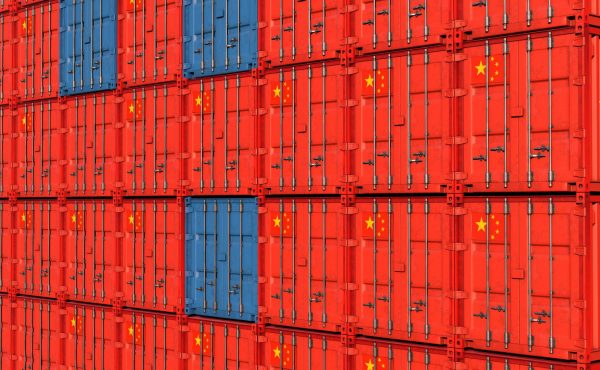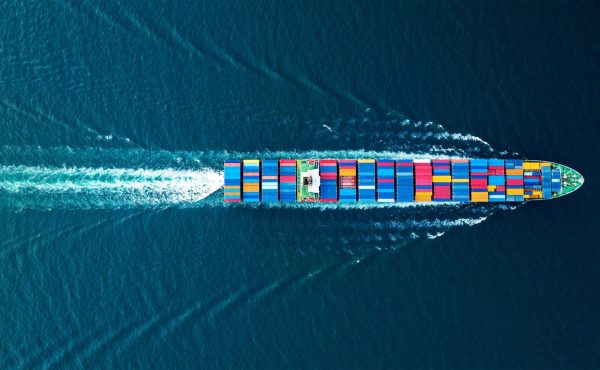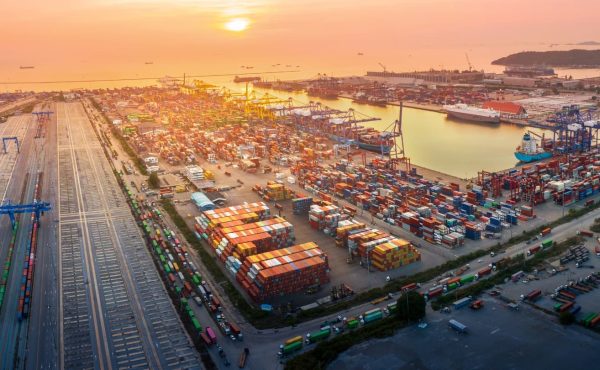Renewable energies in maritime transport: the rise of sustainable fuels
Maritime transport is the backbone of international trade. Approximately 90% of globally traded goods are transported by sea, making this sector one of the key drivers of the world economy. However, this activity also represents a considerable source of polluting emissions. In the context of climate change, this industry faces the challenge of reducing its environmental footprint without compromising its logistical efficiency. This is where renewable energies and sustainable fuels are opening up a new era for shipping.
Until a few years ago, most merchant ships operated with fuel oil, a high- polluting residue of petroleum. The International Maritime Organization (IMO) has set ambitious targets to reduce greenhouse gas emissions, requiring shipping companies to adopt cleaner technologies and use renewable energy sources. This change is not only in response to international regulations, but also to pressure from companies, consumers and governments, who are demanding more sustainable logistics operations.
Sustainability has become a competitive criterion for companies seeking to maintain their relevance in the global marketplace. In recent years, multiple alternatives have been developed to replace traditional fuel oil. Which sustainable fuels stand out the most?
- Liquefied Natural Gas (LNG): although it is still a fossil fuel, LNG produces between 20% and 30% less CO2 than fuel oil. It is a transitional solution that has been accepted by many shipping lines.
- Green methanol: made from renewable energies such as solar or wind power, this fuel is becoming increasingly popular due to its compatibility with existing engines on many ships.
- Green hydrogen and ammonia: thought to be a long-term solution for the future of maritime transport, these fuels do not emit CO2 during use and can be generated using clean energy.
- Biofuels: derivatives of organic waste, they allow for a considerable reduction in net carbon emissions. They are a viable option on certain routes or for certain types of ships.
As well as switching fuels, maritime transport is also rediscovering the power of the wind. Ships equipped with rigid sails or powered by Flettner rotors are demonstrating that it is possible to reduce energy consumption thanks to technologies that take advantage of wind-assisted energy. These systems do not replace the main engine, but significantly reduce its use, thus reducing emissions and fuel consumption.
Solar panels are also becoming part of the standard equipment on new generation ships. Although they cannot supply the entire energy demand of a cargo ship on their own, they can power auxiliary systems on board, improving overall energy efficiency. Meanwhile, innovations in hydrodynamic design, electric propulsion and digitization of route control are also playing a decisive role in improving environmental performance.

Sustainable maritime transport with integrated solutions
Logistics companies must act as facilitators in this energy transition. At Logisber we specialize in the maritime transport of goods, providing our customers with a comprehensive and sustainable service. We offer customized and competitive solutions for every type of cargo, from full containers (FCL) or shared containers (LCL), to wheeled vehicles (RO-RO) and project cargo (Project Cargo).
Our international network of agents allows us to cover all destinations worldwide, providing detailed tracking of each transoceanic shipment. At every step of the supply chain, our customers have analytical tools that enable smarter, more profitable decisions. Thanks to our technological approach and personalized attention, we help companies move towards a greener, more agile and profitable logistics model.
If you are looking for a reliable partner for shipping your goods, combining efficiency, sustainability and personalized attention, contact Logisber now.
Categorías
Compartir









